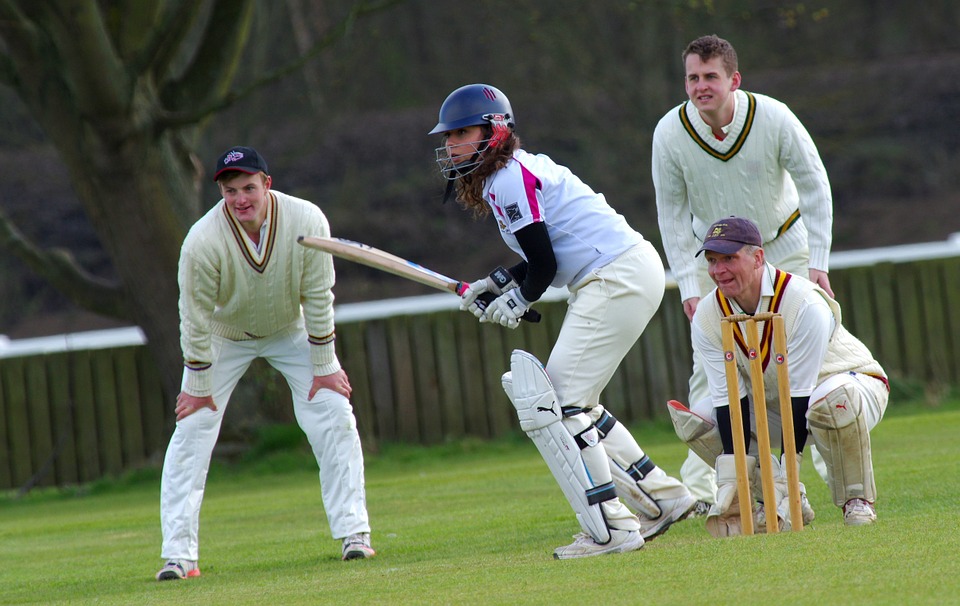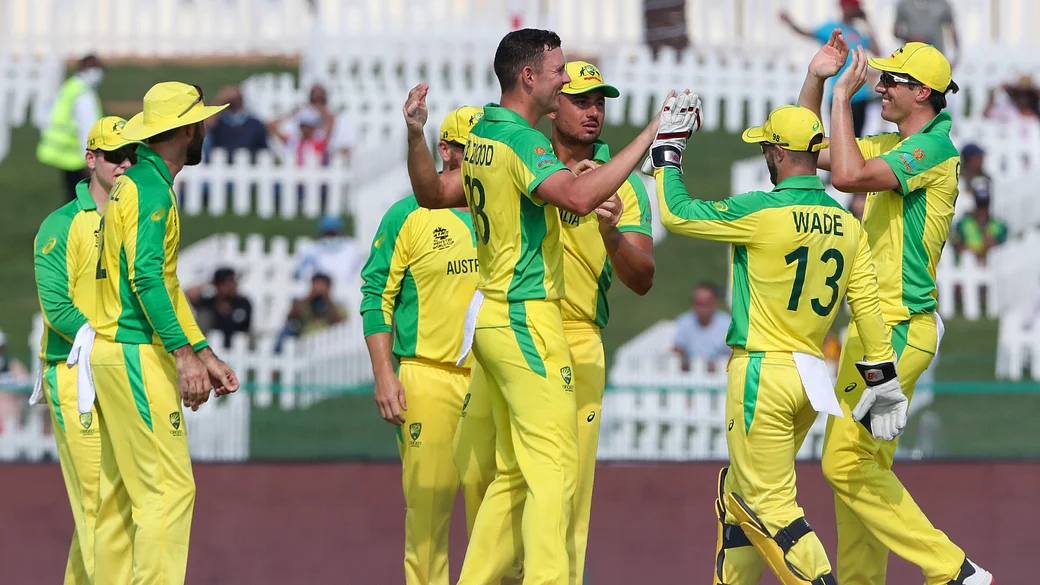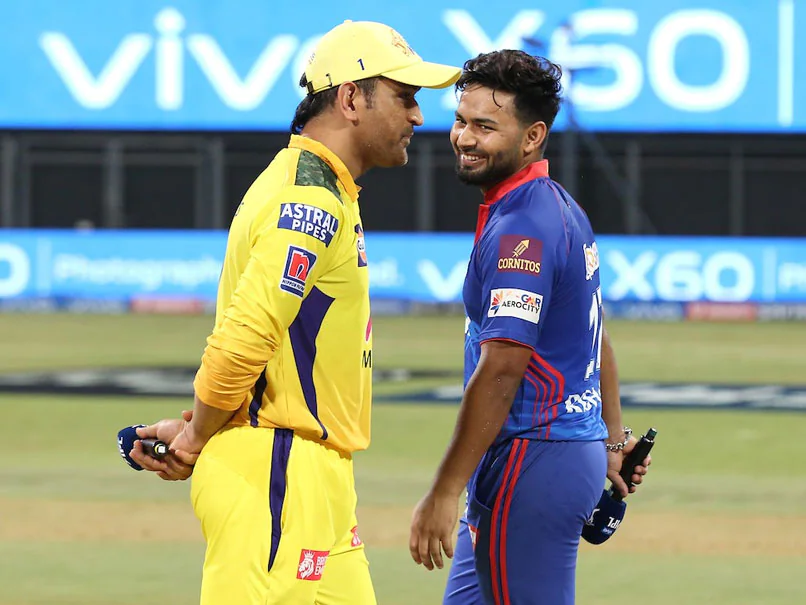Do you remember MS Dhoni hitting that six and winning the World Cup (2011) for India, still feel the goosebumps? definitely yes. People in India are crazy about cricket and cricketers are like God to them and during World Cups you could feel the energy in the atmosphere. You might have been watching with your family, friends, or alone but for a while, you might have thought about you playing for India and winning games. Yes, that’s why you searched and you are here.
“I have always felt that if it was something I wanted, I would like to have earned it”
Rahul Dravid
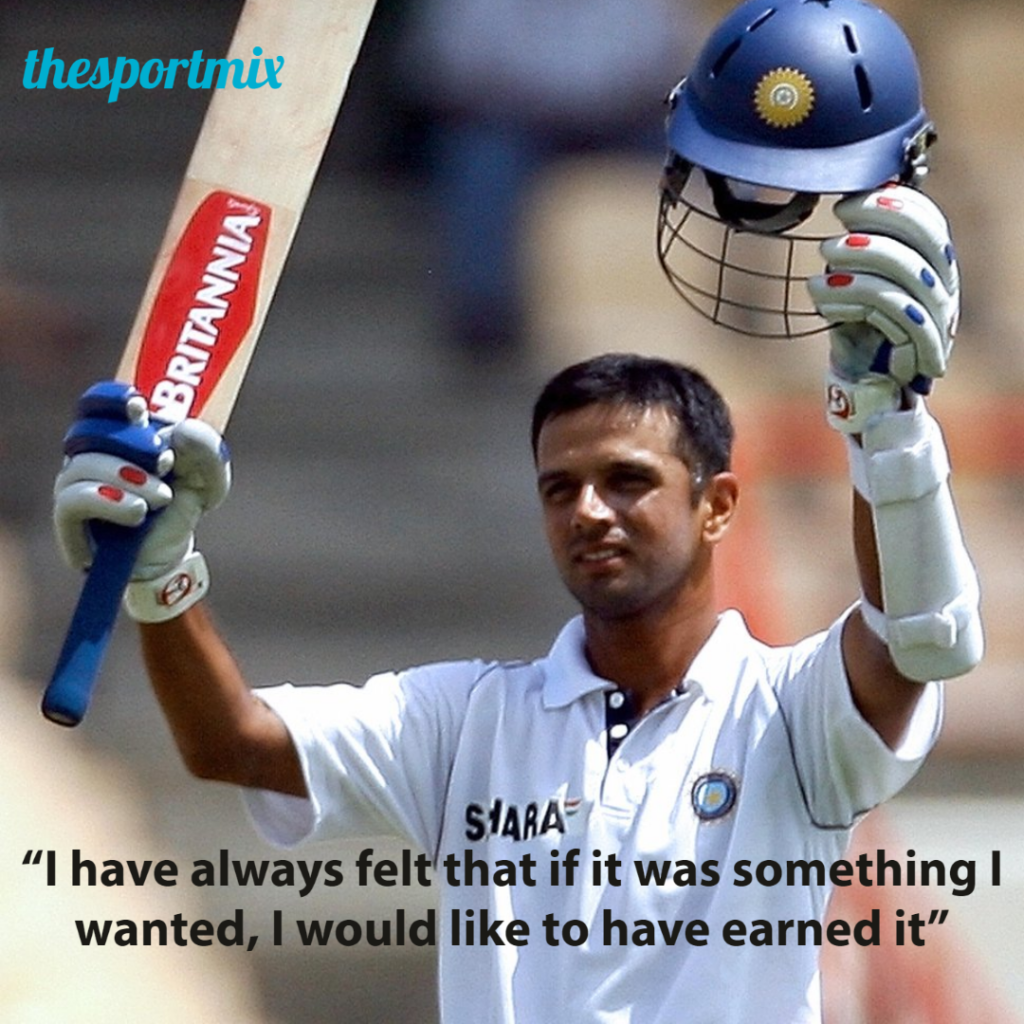
Step-by-Step guide to help you become a cricketer
Becoming a successful professional cricketer is not easy especially in India, with a huge population and millions crazy for cricket. But if you follow these tips, you’ll find yourself on the right track to becoming a competitive, skilled cricketer.
There’s no shortcut
There’s no shortcut, you have to work hard and earn it. You have to practice daily, every day no matter if it’s an extremely hot summer, or extremely cold winter, yup you can skip playing in rain but can continue in light rain.
Cricket is not for everyone. Being a professional cricketer takes as much commitment and sacrifice as any other profession. The hours you will have to put in are long and back-breaking, with many of your days being taken up by training, travel, and matches (you might even have to take time off from your job if you are still studying). That’s why you make sure cricket is really for you—the rewards are great but don’t expect overnight success! If you can stick at it and be patient, however, there is no doubt that achieving your dream of playing cricket professionally will be worth all your hard work.
Develop a skill
First of all, you have to develop a skill or you have to pick a field (batting or bowling or even both). You have to focus on one thing and start practicing, improve your weak points and nourish your strong points.
Mental Toughness
If you get it in your head that failure is impossible, then you’ll be that much more likely to succeed. And failure is inevitable for any athlete – especially when learning new skills. That doesn’t mean it’s all bad, though. Failing can teach you what you need to do better next time and help develop mental toughness. The sooner you accept that there will be setbacks, the sooner you can move on from them and continue working towards your goals.
Start Early
An ideal age to start a cricket career is 14, however it is good if you start even before and master the basics, rules of the game. It is important you are interested in cricket and not joining only for name, fame and money.
Commence with a good cricket academy
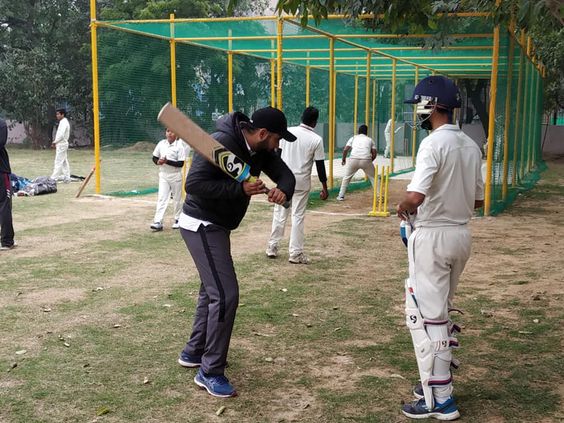
Everyone needs guidance to achieve superiority in any field. For that, a good coach and a good academy are a must. Before joining the academy you must check some points, know the background of that academy and their coaches, their reaches and so on. What present players and old players have the sayings about the academy and coaches. Moreover, check how many players from that academy played at the domestic level or international level (if any). Make sure the academy is genuine because there are many fraud academies, they state that they have a connection with selectors and let you play in an International team, please stay away from those academies only hard work will help you achieve excellence.
Moreover, in a professional academy, you will be surrounded by competitive players and you will learn many life lessons. You will learn team spirit and mutual respect, discipline and so on.
Build Relationships
You’re not going to make it as a professional cricketer unless you have some people in your corner. I know it sounds shallow, but you need people who believe in you and will help push you along. Make sure that these are genuine relationships—don’t just collect business cards; do get out and meet with people face-to-face as often as possible. This kind of relationship-building can take time (and money), so start building relationships early and often.
Become a Student of the Game
Now, obviously you’re not going to want to sit in front of your TV for days watching cricket replays and slow-motion clips of bowlers. But it does pay off if you find at least an hour every day or two where you can catch up on highlights from international games. That way, when you hit the field yourself, you have a general idea of what’s going on; at least enough knowledge that coaches don’t have to spend time explaining it all over again. And as you watch more matches, you’ll start to notice patterns and trends in different players’ styles. You’ll be able to pick out weaknesses in their game and strengths in yours—and use them to your advantage during practice sessions.
Play with People Better Than You
Playing with better players than you is never fun, but it can be hugely beneficial. If you want to become a cricketer, play with people who are better than you and you’ll have no choice but to improve your game. In fact, most of them will have spent their time focusing on improving themselves and as such they’ll be keen to share their insights.
Where to Play Cricket
Start out by joining a local cricket club. It may be in your neighborhood or it may be in another city. There are thousands of clubs that hold cricket matches around the world each year, and hundreds within driving distance from you. Once you join a club, ask about casual matches in which you can participate—it’s usually free for participants. If you feel like you’re ready for league play, there are options for organized league competitions as well; some even offer scholarships! In fact, many universities host cricket teams and often find players from among its student body; these teams aren’t just good practice (and they’ll give your transcript an added boost), but they’re also great places to make connections that could lead to job opportunities after graduation.
Try different sports
Becoming a professional cricketer requires years of serious commitment and dedication. Playing cricket is something that you should really consider from an early age. Try playing other sports to build your general fitness, technique and hand-eye coordination. This will help if you decide that cricket isn’t for you, but even if it is, having experience in another sport means that you’ll be more prepared for when injuries or age start limiting your ability as a cricketer! One final thing – it might sound obvious, but being able to catch and throw is obviously very important in cricket! If there are specific skills like these you’d like to work on, ask around at your local club – they may have training programs specifically designed for them.
The importance of good fitness
A professional cricketer is in peak physical condition, both to play at his best and stay fit. At training sessions, he’ll usually be expected to complete some fitness drills with his team-mates. This will include running, possibly cycling or swimming as well as strength exercises using weights and body-weight. A good cricket fitness routine will leave him raring to go on match day. There’s no substitute for being physically fit when it comes to playing cricket; not only does he need to be able to run between wickets without tiring, but also have enough stamina to bowl long spells in one day internationals. Good diet: In addition, eating well can make all the difference in staying fit throughout a cricket season.
Eat right
Cricket players need to eat carefully, because even a small amount of weight gain or loss can affect your game. Many players will begin their day with some combination of protein (eggs, meat, etc.), fruit, veggies and nuts. All of these things provide good energy for your body without being loaded with too many calories. Stick with real food as much as possible—you’ll be able to burn off extra calories more easily later in practice if you give your body what it needs during regular meals.
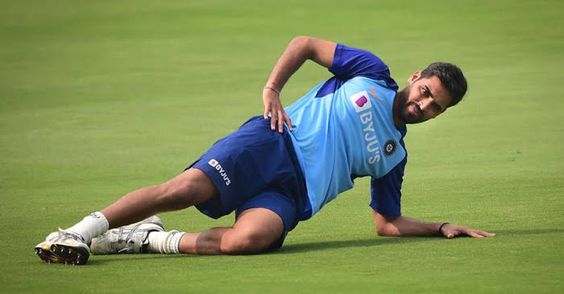
Never Give Up
- Bhuvneshwar Kumar – he didn’t even had a appropriate shoes to play cricket.
- Harbhajan Singh – because of poor financial situation he thought to become a truck driver.
- Zaheer Khan – he lived in a small room in the hospital.
- T Natarajan – Son of a daily wage construction laborer.
- Vinod Kambli – Son of a mechanic who barely had enough money to provide food for his family.
- Veda Krishnamurthy (female cricketer) – daughter of cable operator.
- Tania Bhatia (female cricketer) – according to reports, she was in depression when couldn’t handle rejection.
Becoming an international cricketer takes immense time and effort. There’s no quick fix or easy way of doing it. There are several things you can do, however, that will put you on track towards playing at a high level of cricket. Set clear goals and break them down into smaller parts so they’re easier to achieve. Keep practicing your skills and working on getting better; there is always room for improvement! Additionally, keep trying out for new teams and leagues in order to continuously challenge yourself with new competition. These are all important steps toward becoming a great player – so get started today.

